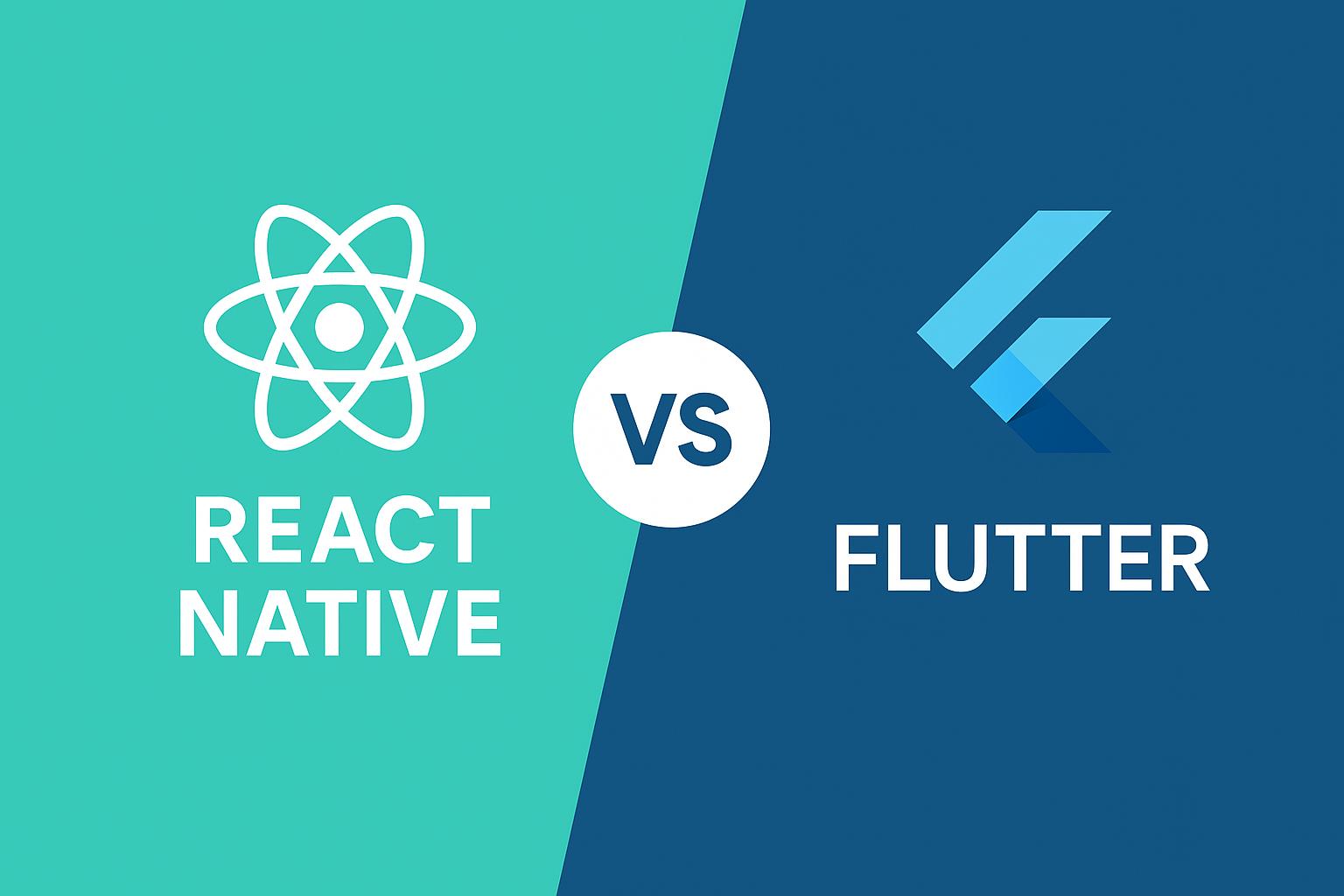React Native vs Flutter Which One Should You Choose?

Introduction
When it comes to cross-platform mobile app development, React Native and Flutter are two of the most popular frameworks. Both allow developers to build high-performance apps for iOS and Android using a single codebase. However, they have different architectures, performance capabilities, and development experiences. In this blog, we’ll compare React Native and Flutter to help you decide which is best for your project.
What is React Native?
React Native, developed by Facebook, is an open-source framework that enables developers to create mobile apps using JavaScript and React. It allows for code reusability across multiple platforms while maintaining a native look and feel.
Advantages of React Native
- Code Reusability: Write once, run on both iOS and Android.
- Large Community Support: Backed by Facebook and widely adopted by developers.
- Live & Hot Reloading: Enables faster development and debugging.
- Native Modules: Allows integration with native components for better performance.
- Third-Party Library Support: A vast ecosystem of ready-to-use libraries.
When to Use React Native
- When you have a team experienced in JavaScript/React.
- When you need fast development with a large support community.
- When requiring native-like performance with third-party native modules.
- When working on applications with dynamic UI and animations.
What is Flutter?
Flutter, developed by Google, is a UI toolkit that enables the creation of natively compiled applications for mobile, web, and desktop from a single codebase. It uses the Dart programming language and a rich set of pre-designed widgets to create beautiful, high-performance apps.
Advantages of Flutter
- Fast Performance: Uses a compiled language (Dart) for near-native speed.
- Rich UI Components: Pre-built widgets for a highly customizable UI.
- Hot Reload: Enables fast development with real-time code changes.
- Single Codebase for Multiple Platforms: Supports mobile, web, and desktop.
- Google Support: Backed by Google with continuous improvements.
When to Use Flutter
- When performance and UI consistency across platforms are top priorities.
- When starting a new project without dependencies on existing JavaScript code.
- When building visually appealing applications with smooth animations.
- When needing a single codebase for mobile, web, and desktop apps.
Key Differences Between React Native and Flutter
|
Feature |
React Native |
Flutter |
|
Programming Language |
JavaScript |
Dart |
|
Performance |
Depends on native modules |
High performance with Dart |
|
UI Components |
Uses native components |
Custom UI with widgets |
|
Hot Reload |
Yes |
Yes |
|
Community Support |
Large and established |
Growing but strong |
|
Platform Support |
Mobile (iOS, Android) |
Mobile, Web, Desktop |
|
Learning Curve |
Easier for JS developers |
Steeper due to Dart |
Conclusion
Choosing between React Native and Flutter depends on your project’s needs. If you have a team familiar with JavaScript and React, React Native is a great choice for quick development and integration with existing apps. However, if performance and UI consistency are your top priorities, Flutter offers a powerful alternative with its customizable widgets and compiled execution.
For business applications and apps with heavy third-party integrations, React Native is often preferred. Meanwhile, for visually rich applications requiring high performance, Flutter is an excellent choice.
Ultimately, both frameworks are powerful and suitable for cross-platform development—your decision should be based on your team’s expertise, project requirements, and long-term goals.
1 year before